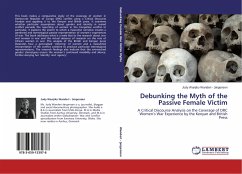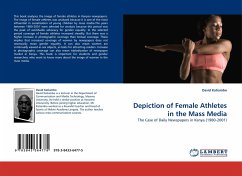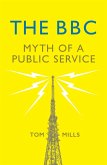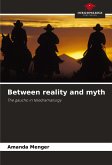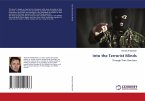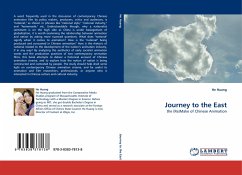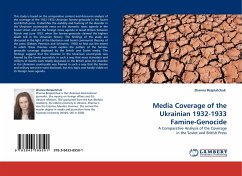This book makes a comparative study of the coverage of women in Democratic Republic of Congo (DRC) conflict using a Critical Discourse Analysis and applying it to the Kenyan and British press. It examines whether particular assumptions about gender and identity in armed conflict pervade the reporting of women in the Congolese conflict. In particular, it explores the extent to which a masculine narrative creates a gendered and stereotypical passive representation of women's experiences of war. The book addresses what is a male bias to the research about war and women in war and the virtual absence of research on the role of African women in war. The analysis of the British and Kenyan press illustrates how a generalised 'othering' of women and a masculinist interpretation of the conflict combine to produce particular stereotypical representations. The research findings also indicate that the entrenched gender stereotypes ensure the woman's continued invisibility and silence, further denying her 'identity' and 'agency'.

